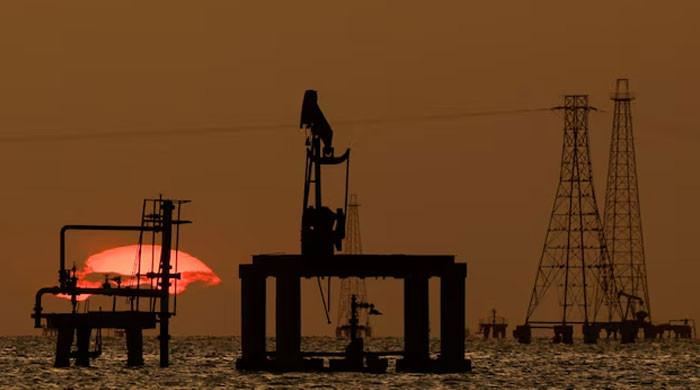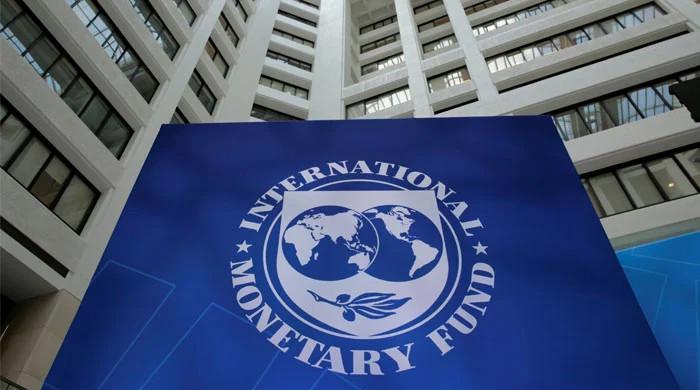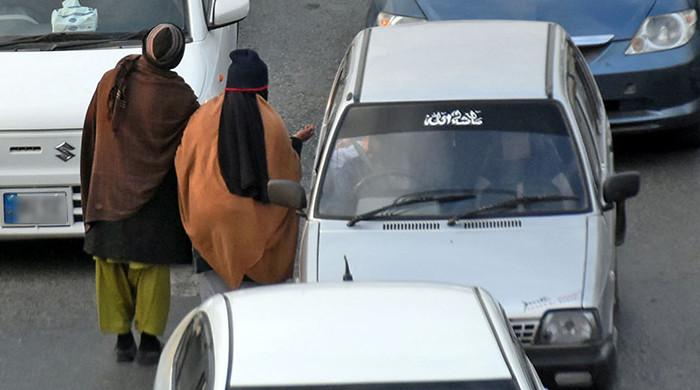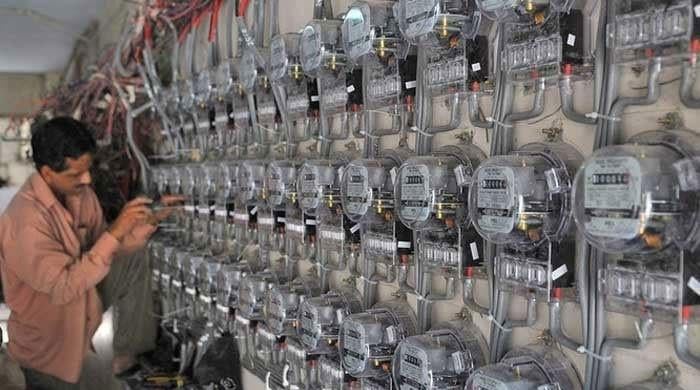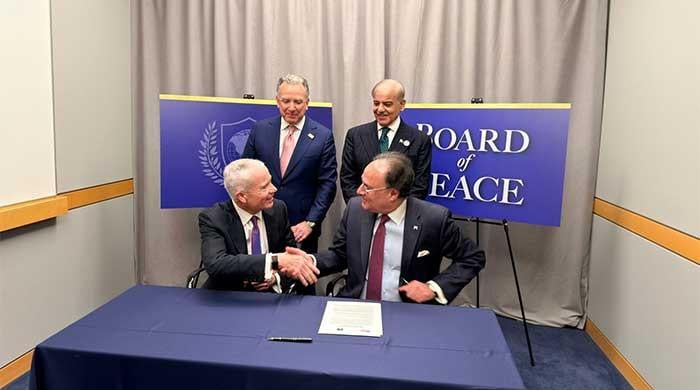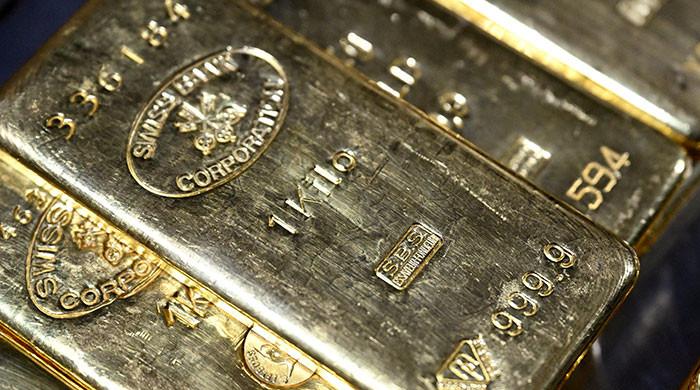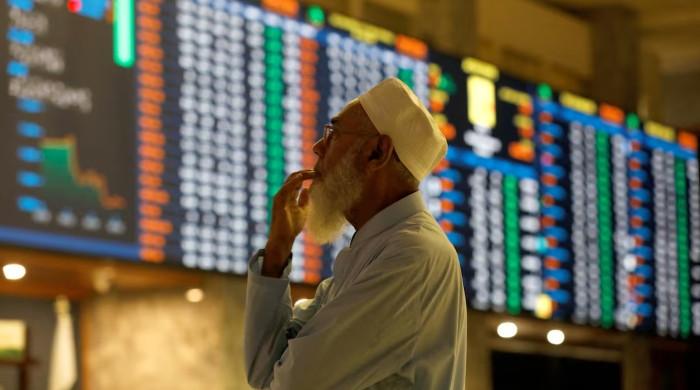Pakistan to ‘complete IMF programme’
PM Shehbaz directs economic team to increase power generation while ensuring circular debt goes down
December 14, 2022
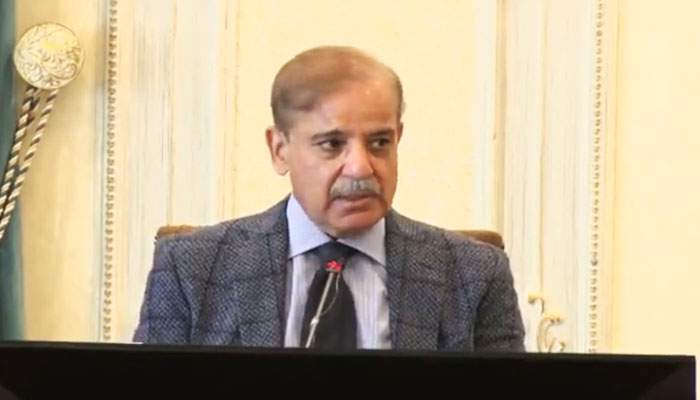
- Premier directs economic team to increase power generation.
- PM Shehbaz emphasises need to reduce circular debt.
- Differences between IMF and Pakistan still persist.
Amid uncertainty over the delay in the 9th review of the International Monetary Fund (IMF), Prime Minister Shehbaz Sharif Wednesday rejected all news reports, saying that Pakistan would complete the programme.
Pakistan and the IMF have been holding talks virtually but differences still persist over tax collection targets, and non-starter energy reforms including hiking of gas tariff, rising circular debt, and expenditure overrun, making consensus harder to strike on a staff-level agreement in the context of the 9th review under $7 billion Extended Fund Facility (EFF).
PM Shehbaz, during an important meeting held on the economic situation, directed the authorities concerned to provide support to the exporters in order to increase exports and manage twin deficits.
The premier said when the Pakistan Democratic Movement-led government came into power in April after ousting then-prime minister Imran Khan through a no-confidence motion, the economy was struggling miserably.
“We stabilised the economy by working hard,” he said, directing the economic team to take measures to complete the IMF programme and manage the rising current account deficit.
In line with the concerns raised by the Washington-based lender, PM Shehbaz gave directives that the relevant ministries should work on energy policies. He added that power generation should be increased while the circular debt should be brought down.
It should be noted that the IMF had asked Pakistan for hiking the gas tariff because the government kept the gas prices unchanged which resulted in increasing the circular debt of the gas sector.
Although the government made plans for improving the gas sector no progress was witnessed in the power sector.
The monster of circular debt in the power sector went up to Rs2.4 trillion and all targets agreed with the IMF for reducing it on a monthly and quarterly basis could not be achieved.
The subsidy on tube-wells alone would cause an increase of Rs200 billion in the accumulated circular debt in the ongoing financial year.




